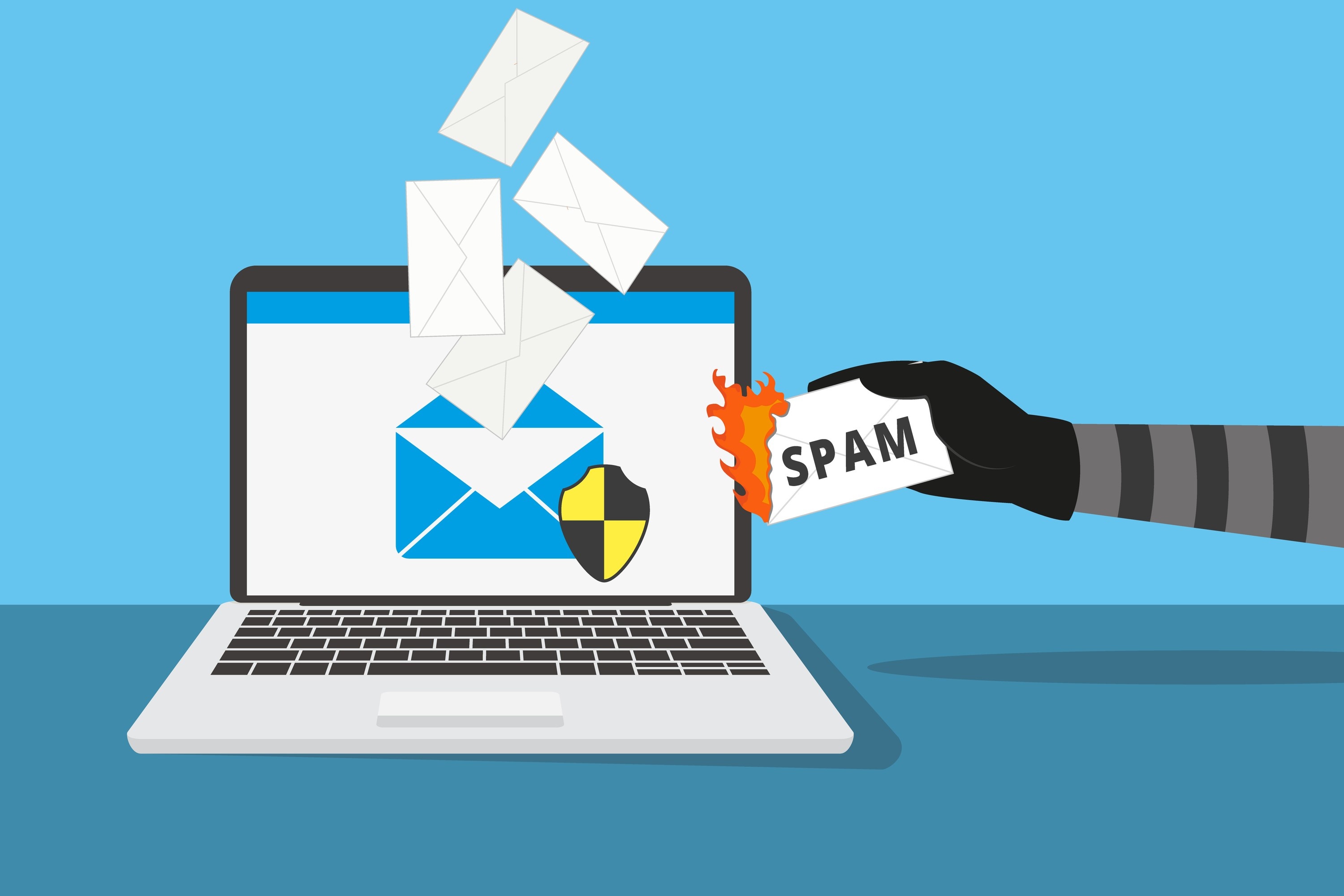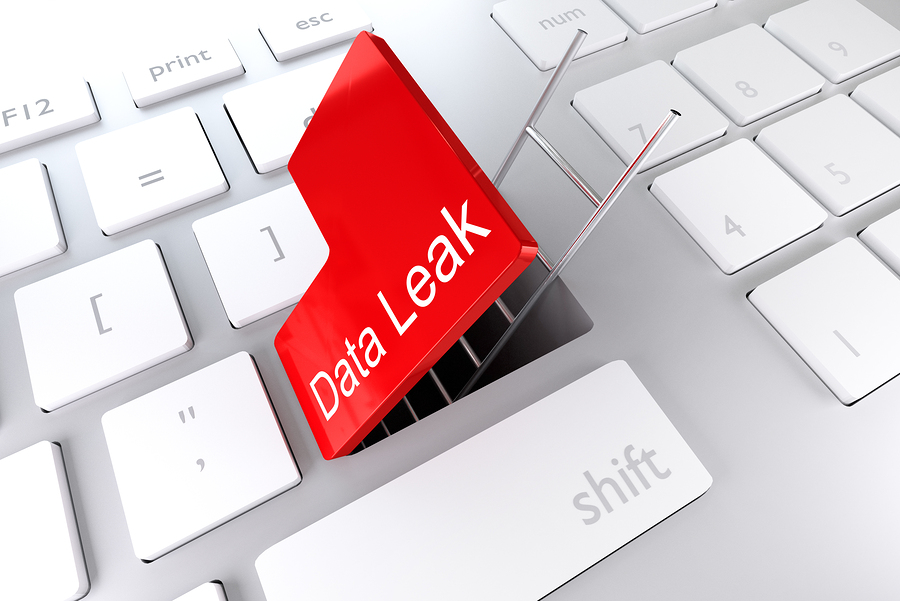Personal data leaks are far more harmful than you can imagine.
Personal privacy data refers to the collection of information that individuals do not want others to know, including but not limited to birthdate, age, phone number, family financial status, and family member information. If an ordinary person obtains this personal privacy data, it may not have much effect, but if it is obtained by some merchants, it can be very valuable.
Once personal privacy data is leaked, the harm caused is not to be underestimated, mainly manifested in the following aspects:
Targeted advertising bombardment by merchants
Your privacy brings to merchants with ulterior motives, who can analyze a lot of useful information, such as the year you were born, deduce your life experience based on your age group, your family finances, and your consumption tendencies. All of this data can enable merchants to launch targeted sales calls on you. In this era of big data, I have deep experience that even if I use a blacklist and a whitelist, I still receive at least five sales calls every day. Even 80-year-old people receive sales calls on their phones. I believe many of you have experienced this.
Data leaks can cause companies to lose or damage customer data
The internet is infamous for data leaks. According to a survey in the UK in the past year, nearly half of its local businesses have experienced at least one data leak incident. The larger the organization or company, the more data it has. Therefore, cybercriminals attempting to endanger data security may become the target of the company. The likelihood of medium-sized enterprises increases to 66%, and the likelihood of large enterprises increases to 68%. Reputation damage is evident.
Privacy data leaks can bring serious fraud
Privacy data is called privacy data because it should not be known but is known by someone. If a stranger can tell you all of the privacy information that only you know, you will quickly establish trust in him and believe everything he says. This gives fraudsters the opportunity. Fraudsters obtain privacy data through various channels, establish trust relationships with you, and ultimately succeed in fraud. If privacy data is leaked on a large scale, fraudsters will have a profitable opportunity and will inevitably be rampant.
How to Defend Against Data Leaks?
Data leaks have become a persistent problem in the digital world, and require coordinated efforts from individuals, businesses, and legal regulations to effectively manage and prevent them.
From an individual perspective, it is important to increase awareness of protective measures when using personal computers and other smart devices, such as downloading software or applications from legitimate sources, and thoroughly understanding authorization requirements when installing new software or applications to protect personal rights.
From a business perspective, it is critical to enhance network security protection and prioritize data transmission security. Deploying SSL certificates is an important means of significantly reducing the probability of data leaks from HTTP websites. HTTP transmissions do not encrypt information, leaving opportunities for others to steal data during transmission. This can seriously impact user experience, decrease user trust in websites, and be detrimental to retaining users for websites and applications.
From a legal regulation perspective, relevant departments should continue to strengthen supervision and management of personal information protection for telecom and internet users to safeguard a healthy online environment.
Today, data has become a powerful economic engine in the digital world. Protecting data and ensuring data security, especially sensitive personal information of users, is a major challenge for businesses. Once businesses effectively protect user data, they can not only avoid the harm caused by data leaks but also significantly reduce user concerns about personal privacy breaches. This can not only effectively enhance the security of user data, but also avoid various risks in marketing.


